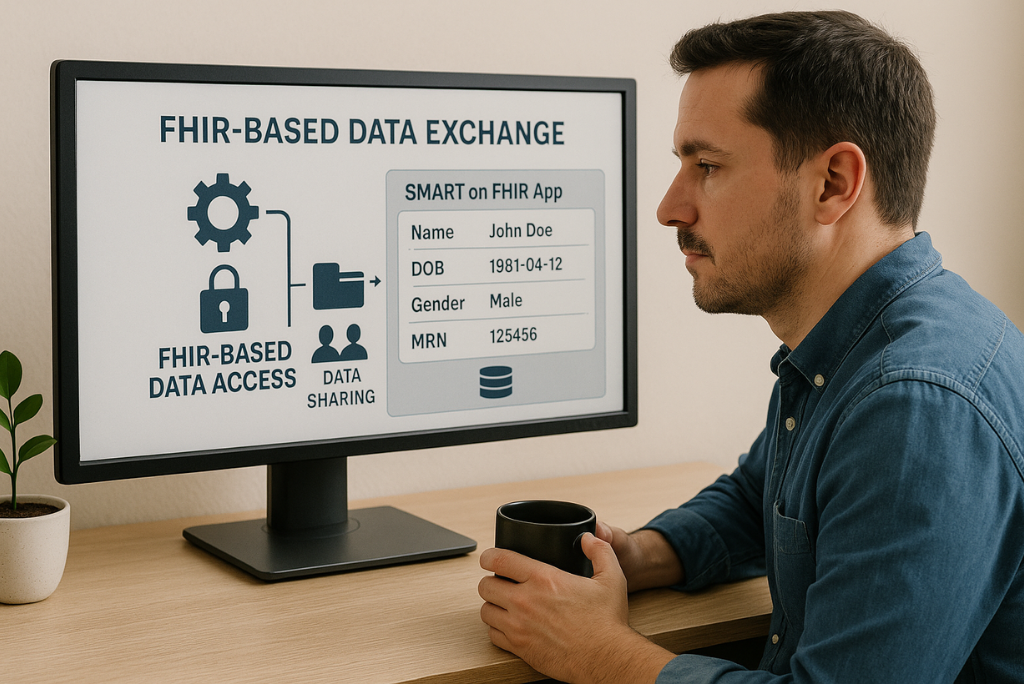The Benefits of Information Access and Sharing: From Obligation to Opportunity
Access to information has shifted from a compliance task to a defining measure of trust. As of late 2025, regulators, courts, and patients all expect one thing: real, usable access to health data.
The U.S. Department of Health and Human Services has begun enforcing the 21st Century Cures Act’s information blocking rules. Courts are also signaling that restrictive practices, such as requiring NDAs, blocking APIs, or forcing manual workarounds, may qualify as information blocking. The message is clear. Compliance is no longer about checking boxes. It is about enabling meaningful and patient centered exchange.
Why it Matters
Data access influences how healthcare organizations are evaluated by patients, partners, and regulators. When patients can easily access their records, they are more engaged, more satisfied, and more likely to trust the care they receive.
For providers, easier access means stronger care coordination and less administrative overhead. For EHRs, it strengthens credibility and reduces legal and regulatory exposure. Slow responses or restrictive formats can lead to patient complaints, reputational risk, or enforcement actions from HHS.
What ONC and HHS Expect
Organizations must focus on three critical obligations to avoid risk:
Timely responses
When a patient requests access to their data, the organization must respond without unnecessary delays.Modern, digital formats
If a patient requests data through an app or a FHIR enabled method, providing CDs, paper printouts, or static PDFs instead can be viewed as interference.Full use of technical capability
If an EHR can generate FHIR data for another healthcare entity, it must provide the same level of access to the patient.
These expectations reflect the spirit of interoperability, not just the letter of the rule.
Turning Compliance into Capability
Information access can be more than a regulatory requirement. It can be a source of efficiency and trust.
Darena Health’s FHIR API and Standardized API for Patient and Population Services, certified for (g)(10), give EHRs and provider organizations the technical foundation needed to support modern, patient directed data exchange. Our APIs deliver secure, standards based access using HL7 FHIR and SMART on FHIR so organizations can:
Fulfill electronic health information requests consistently
Reduce manual workarounds
Improve transparency
Align with ONC expectations
Lower the risk of information blocking concerns
This is not just about staying compliant. It is about offering dependable access that meets the expectations of patients, regulators, and partners.
The Opportunity Ahead
Information access builds long term trust when it is done well. The organizations investing in clean, FHIR enabled sharing today will be the ones best positioned for tighter enforcement in 2026, broader app based ecosystems, and stronger patient engagement.
Darena Health’s certified FHIR capabilities help EHRs and providers deliver frictionless access and protect against compliance risk without adding operational burden.






